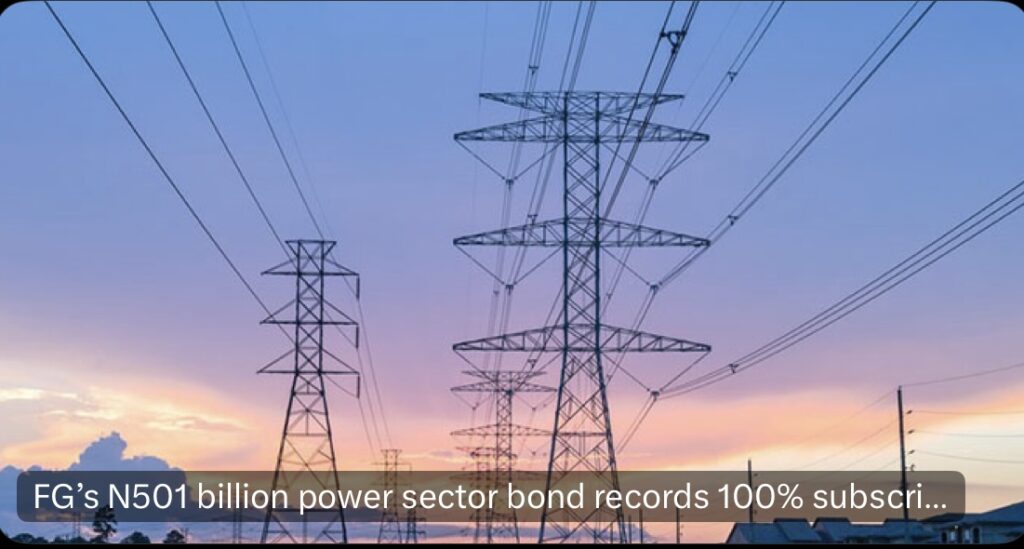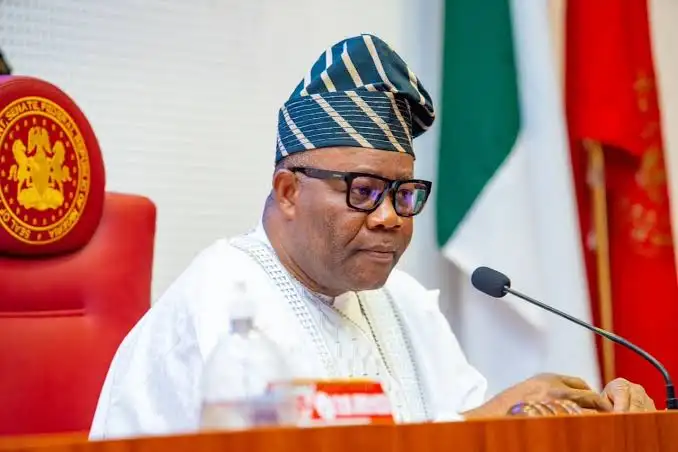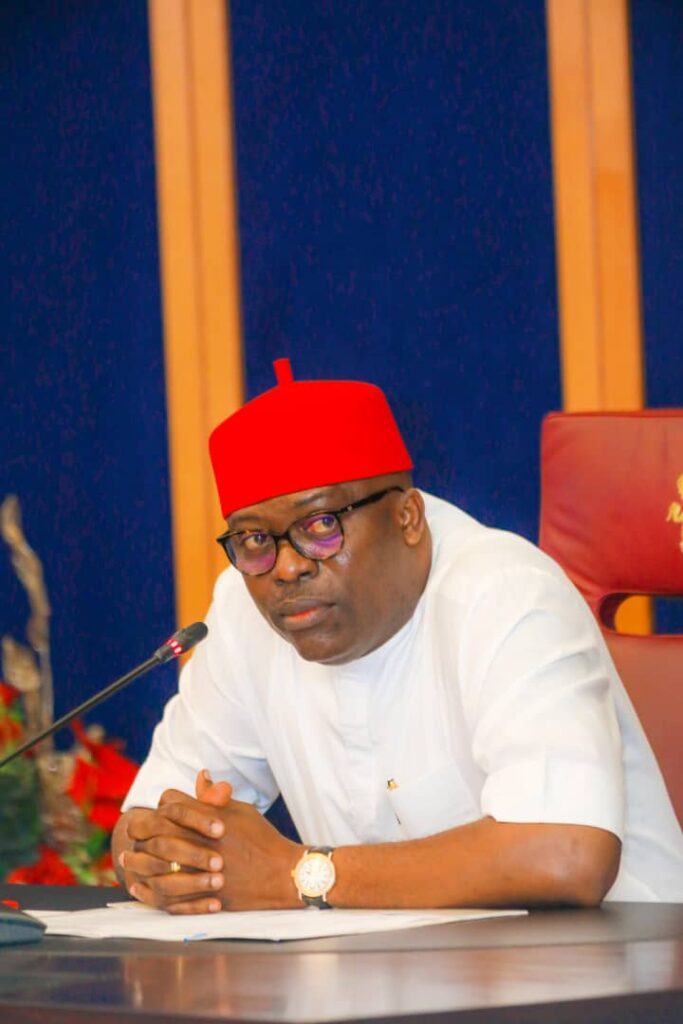Past Leaders Had Been Wasting the Future of Our Children.

For five decades, Nigeria has been trapped in a vicious cycle of Petro-Dollar addiction, squandering the wealth of generations yet unborn to sustain the economic interests of the West Coast of our subregion.
This unsustainable development trajectory has not only mortgaged our future but also crippled our ability to plan for the well-being of our children.
It is high time we acknowledge the devastating consequences of our actions and chart a new course towards a more equitable and sustainable development path.
Nigeria’s oil wealth, which was once seen as a blessing, has turned out to be a curse. The country’s over-reliance on crude oil exports has created a culture of dependency, where we prioritize short-term gains over long-term investments in our people and infrastructure.
The result is a nation that is unable to feed itself, provide basic amenities, or guarantee a decent standard of living for its citizens.
Our addiction to Petro-Dollars has also made us vulnerable to the whims of global market fluctuations, leaving us at the mercy of external factors beyond our control.
The most disturbing aspect of this scenario is the intergenerational injustice it perpetuates. By spending the wealth of future generations, we are essentially stealing from our children and grandchildren.
We are denying them the opportunity to inherit a prosperous and sustainable economy, and instead, bequeathing them a legacy of debt, poverty, and environmental degradation.
This is a moral outrage that demands urgent attention and action.
The West Coast of our subregion has been a significant beneficiary of Nigeria’s Petro-Dollar largesse, with many countries relying on our oil exports to fuel their economic growth. While it is understandable that we want to be good neighbors and support regional development, we must not do so at the expense of our own people’s future.
It is time for us to re-evaluate our priorities and recognize that our primary responsibility is to our citizens, not to subsidize the economic interests of other nations.
The consequences of our Petro-Dollar addiction are far-reaching and devastating. Our education system is in shambles, with many schools lacking basic infrastructure and qualified teachers. Our healthcare system is equally underfunded, with many Nigerians unable to access basic medical care.
Our infrastructure is crumbling, with potholed roads, inadequate transportation systems, and frequent power outages. The list of challenges is endless, and it is clear that our current development trajectory is unsustainable.
So, what can we do to break this cycle of Petro-Dollar addiction and secure a better future for our children? First, we must diversify our economy, investing in sectors such as agriculture, manufacturing, and renewable energy.
This will not only reduce our dependence on oil exports but also create new opportunities for economic growth and job creation.
Second, we must prioritize investments in human capital, focusing on education, healthcare, and skills development. This will enable our citizens to compete in the global economy and drive innovation and entrepreneurship.
Third, we must adopt a more sustainable and equitable approach to resource management, ensuring that the wealth generated from our natural resources benefits all Nigerians, not just a privileged few.
In conclusion, Nigeria’s Petro-Dollar addiction has been a curse that has mortgaged our future and crippled our ability to plan for the well-being of our children. It is time for us to acknowledge the devastating consequences of our actions and chart a new course towards a more equitable and sustainable development path. We owe it to ourselves, our children, and future generations to break this cycle of addiction and build a better future for all Nigerians. The time for change is now, and we must seize this opportunity to create a more prosperous, sustainable, and just society for all.







